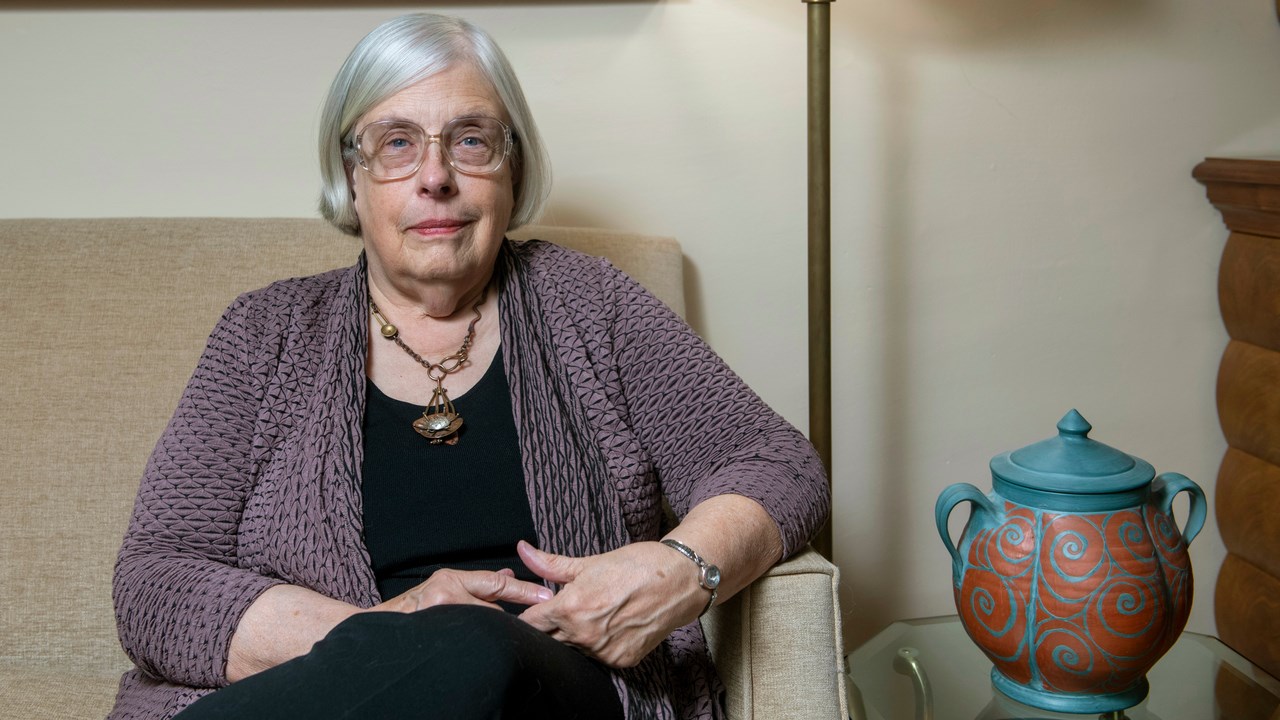Dates
25 april 2024
- Submission of abstracts opens
Submit your abstract to the relevant working group. You will find a link for submission (by e-mail) with each working group.
15 June 2024
- Deadline submission of abstracts
- Registration and payment opens
16 August 2024
- Extended deadline for abstracts (see information for each group below)
31 August
- Registration closes




